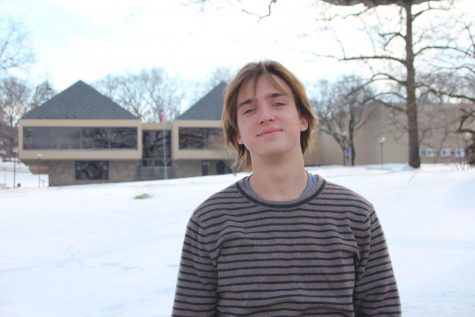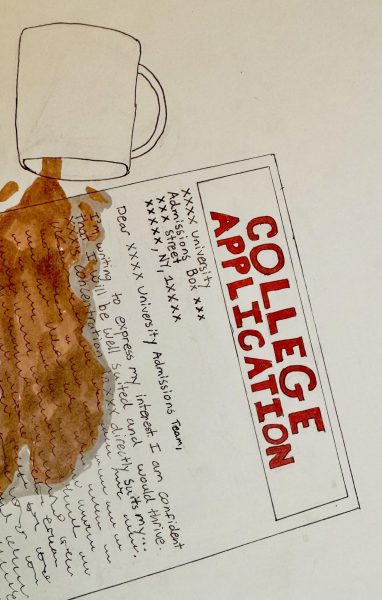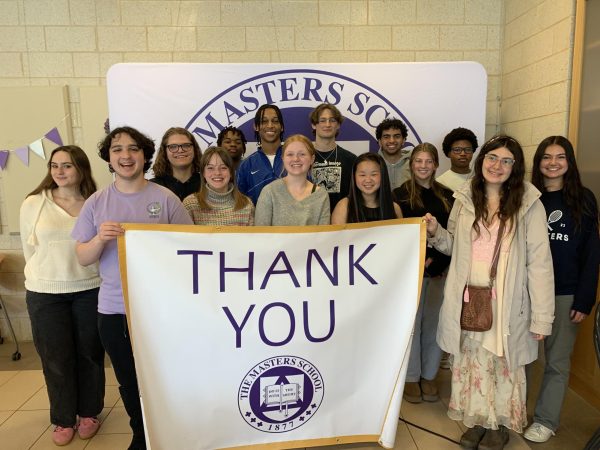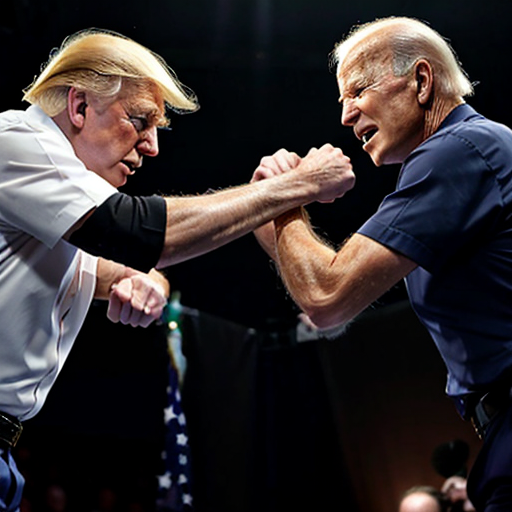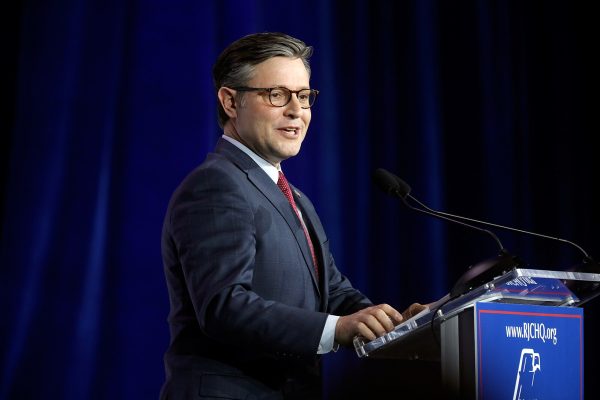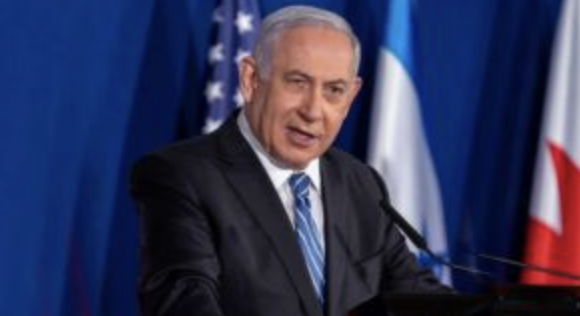Embracing healthy debate leads to political growth
December 16, 2020
This was not supposed to be my story for this issue. Initially, I had pitched the idea for a piece on experiences of Trump supporters at Masters. I thought it would be interesting to examine what it’s like being such a small political minority in our mainly liberal school. One student that I reached out to for an interview declined; he said that he didn’t want to be shamed or called a racist. The student felt like he had to resort to anonymity to express his political beliefs. This moment told me more about Masters’ political climate than any article I could’ve written.
The Instagram direct message exchange between my interviewee and I was not the first conversation I’ve had like that. I’ve heard from other centrist and conservative students that bringing their ideas to the Harkness table has not always been easy. As an educational institution, one of our biggest failures is our closed-mindedness to political views different than ours–especially when it comes to Trump supporters.
Don’t get me wrong: it’s hard to find anyone more anti-Trump than I am. I hate everything about him and his administration, from his character to policies. I have very little respect for any adult that supports him. In most environments, it’s difficult for me to have open dialogue with Trump supporters; it feels counterproductive and only further depletes my hope for this country’s politics.
But high school is not like most environments. Rarely does someone come out of high school as the same person they came in as. Scientifically of course, the brain continues to develop through teenage years, but more than that, students have been told that high school is an environment for us to become a different, and maybe better, version of ourselves. Masters is a space for positive growth in every facet of life; why should that stop at political growth?
For most, if not all, our first sense of political alignment comes from our parents. I still remember my dad waking me up the morning after 2008 election night to tell me that Obama had won. I was happy because he was happy. It was that simple. Only by freshman year had I begun to diverge from and question some of my parents’ views. It’s ridiculous for a freshman to come into this school and feel cut off because of their support for Trump. Those views have been shaped by their previous environments more than anything, and yet we treat young Trump supporters as if their views are set in stone.
I’ve had students and teachers argue that politics plays a different role in the classroom during the Trump era. I fully agree with that. Trump is a liar and an abuser of the Constitution; to not acknowledge that in a political science class would be counterproductive. Criticizing elements of Trump’s administration for teaching moments is fair, but we need to draw a firm line between that and deliberate, non-pedagogical polarization of Trump supporters inside of the classroom and out.
In our school’s political climate, we effectively create separate political and ideological echo chambers. An isolated Trump supporter is more likely to develop a Trump obsession than an appreciation of why the school community takes issue with their views. Without political dialogue, the rest of the school of Trump opposers will only become further entrenched with their own views, becoming more and more out of touch with the reasons that someone may side with Trump in the first place.
We are, after all, a school that values the Socratic method as a way to find a deeper understanding of a subject. We have open, argumentative dialogue about everything: I’ve witnessed debates about things as miniscule as comma rules, and as trivial as the best cereal offered at the Dining Hall. With an election looming and many of our students eligible voters, the stakes are clearly higher than Fruit Loops vs. Frosted Flakes. We should be able to have healthy, productive debate about the upcoming election so that we can have a better understanding of what goes into our vote. The only way that can work, however, is if we allow Trump supporters to bring their voices to the table without fear of being shut off from the entire student body. Right now, we are failing at that.
As the election creeps closer, November 3rd is making its way into every classroom and every chat in between classes. Masters: I want you to keep an open mind going into the discussions. Embrace healthy debate. Avoid making assumptions about people without knowing the whole story. And lastly, like the real Masters student I know you are, never be afraid to be honest and speak your mind when you think someone is in the wrong.



